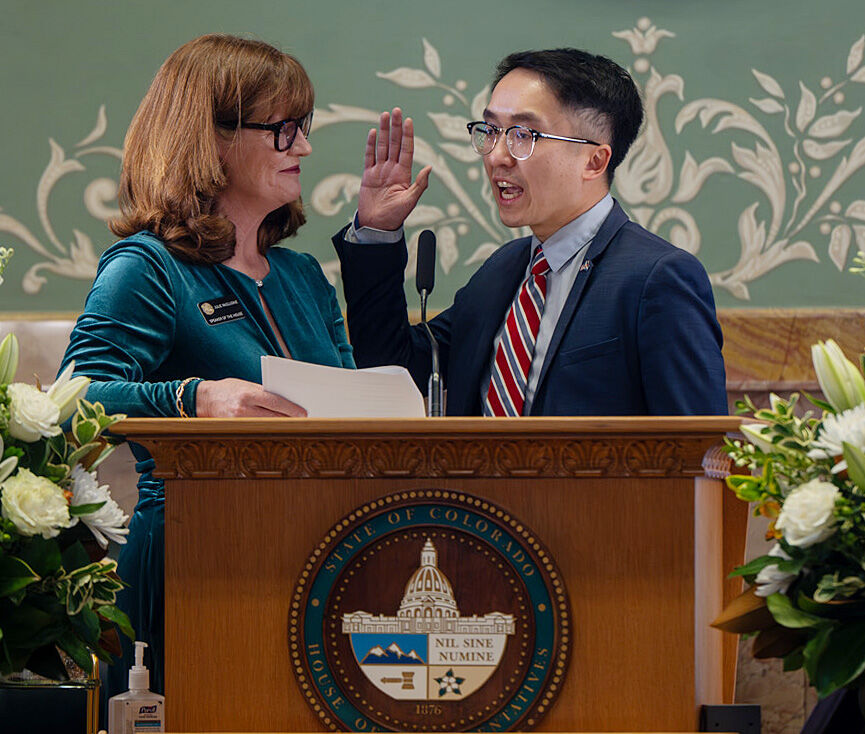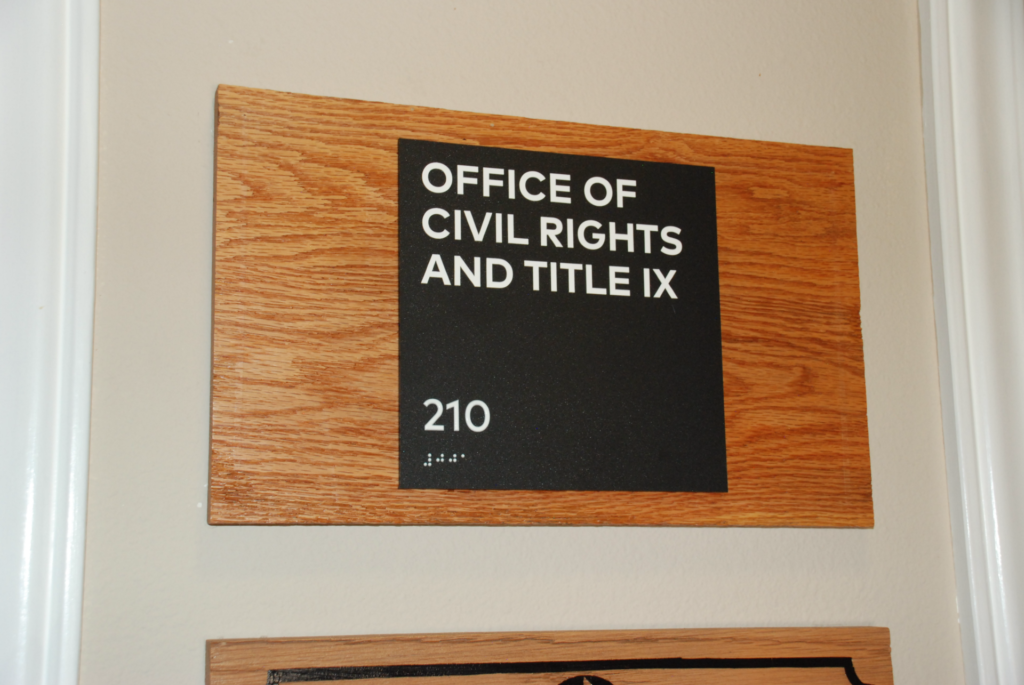Southern Colorado school district survey shows support for four-day week

Lewis-Palmer School District 38 will continue to explore a 4-day week as merely one option of enticing and retaining quality staff in lieu of compensation increases.
Based on preliminary data from a recent survey of the District 38 community regarding support for potential changes to the academic calendar, the district leadership has determined further exploration into schedule changes is worth researching.
On Dec. 12, at the D38 Board of Education’s final regular meeting of 2022, held at the district learning center in Monument, the board heard and discussed initial survey results.
Assistant Superintendent Amber Whetstine presented the results of the calendar survey administered earlier this month. While survey responses were to be aggregated through Dec. 19, the data presented to the board were based on results collected by Dec. 9.
“It’s a cursory look at what the appetite might be for change in our current calendar structure,” Whetstine said.
As of Dec. 9, 2,261 people responded to the survey, with 1,443 identifying as parents or guardians of D38 students, 332 as staff members, 181 who identified as both a staff member and parent/guardian, and 288 students.
Whetstine said the themes that emerged from the results included an overall satisfaction with the present D38 calendar structure, but also a significant openness to change.
For instance, there was a preference for full-day professional learning days versus late starts, she said. “That is something we’ve heard anecdotally from our staff and was appreciated by our parent community in the survey results,” Whetstine said.
In addition, there was support of the district changing to a four-day school week, with Fridays being a day off for students. Generally, there was non-support for an extended school year calendar with longer fall, winter and spring breaks through the year.
Superintendent Dr. KC Somers clarified the analysis of the results considered, on the 1-5 scale presented in the survey, scores of 4-5 were considered supportive scores, 1-2 was non-supportive and three was undecided or required more information.
Regarding a willingness to change the academic calendar to a four-day week model, over 52% of responding parents and guardians were was supportive, with over 70% support among staff and nearly 80% support of students surveyed. Non-supportive parents and guardians totaled just over 30%.
Regardless of any changes, the board of education must adopt a school-year calendar which includes a minimum 1,080 contact hours for middle and high school students, 990 hours for elementary students and 900 hours for full-time kindergarten students. Any calendar calling for less than 160 instructional days requires approval from the State of Colorado Commissioner of Education.
As for support for full days off versus delayed starts, over 60% of parents and guardians were in favor, 68% staff was in favor, and more than 53% of student were in favor.
“We have heard very loudly that those delayed starts can be very disruptive to the school day and the education of students,” Whetstine said.
Board President Chris Taylor asked if the administration believed a calendar adjustment would be successful in achieving staff retention.
Somers noted the survey did not specifically ask about staff retention if the adjustment to the calendar was made.
If a calendar change was determined to be a value, the timeline would call for a decision from the board to be made in March.
“We need clarity in a span of time to give people time to prepare for potential change,” Somers said.
Whetstine noted 124 school districts in the state are presently operating with a four-day academic week model. Most of those districts are in rural areas, she said.
“I feel like its a knee-jerk reaction to losing the MLO (mill levy override),” Taylor said. “If it wasn’t for that, I don’t think we’d be having this conversation. As a result, I want to be very cautious as we step into this, because the unintended consequences are real once we get there.”
Somers stressed the survey’s results are not intended to be the end of the option but merely a starting point to see if there was positive feedback to explore the four-day week option further.
Board Treasurer Ron Schwarz asked, given the participation of the survey, if the statistical data was significant. District Communications Director Mark Belcher said yes. Those administering the survey had hoped for a 12% response rate, and the survey received a 30%-35% response, he said.
Schwarz said all options inspired by increasing retention and recruitment of quality staff related to a $4.5 million, or eight percent, difference in compensation between D38 and other districts in the region.
“This $4.5 million or eight percent pay gap will continue regardless of whatever comes from the state,” Schwarz said. “I want to remind us all of that as we consider how we get to that, we should remember it is really about the incremental $4.5 million in present value.”
Whetstine said follow-up surveys would inquire about whether a calendar change would inspire staff retention.
“The reason we pursued looking at this as an option is because of the amount of staff bringing it to our attention as an option verbally in committee meetings,” the assistant superintendent said. “Staff has been asking for both more days and time for training as well as work-life balance.”
Taylor said he couldn’t predict if he would support a calendar change in March at this point but didn’t see any reason not to continue with the research towards a calendar change as one option.
Whetstine said given the overwhelming responses, the district should continue its research. Somers said a calendar change was an option but not the singular option.
“I just want the community to know this is in its infancy,” Schwarz said. “We are looking at five- to 10 thoughts on how to bridge that gap. Ultimately, the point is to solve the problem, not put a Band-Aid on it.”
After discussion, it was determined district leadership would continue to research and develop a possible adjustment to the academic calendar.
The aggregate results of the survey are available on the district’s website, lewispalmer.org, under “Board Docs.”














